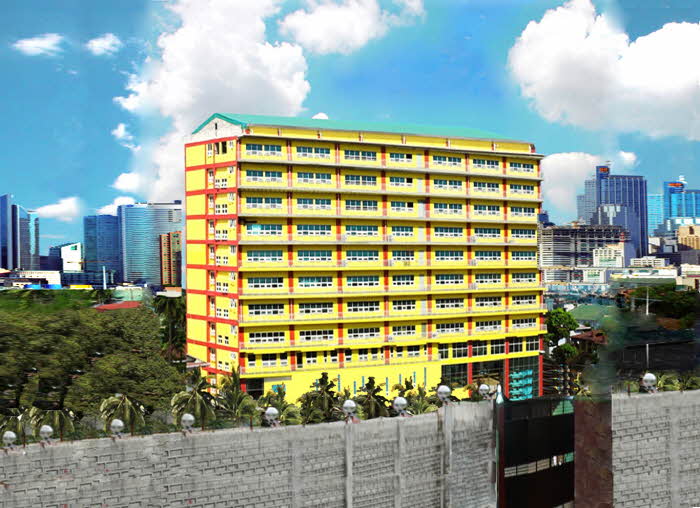
Manila Theological College of Medicine
The Manila Theological College College of Medicine is dedicated to delivering high-quality medical education grounded in Christian values and ethical standards. Our mission is to cultivate well-rounded physicians who will lead advancements in medical practice, research, and community service to address the pressing health needs of the communities and nations they are entrusted to serve.
The Manila Theological College College of Medicine aspires to be the leading Christian medical institution in Asia, dedicated to educating future physicians who are dynamic and fully aware of their professional duties as healthcare providers, researchers, educators, managers, and advocates for social change. Our goal is to equip students to address the evolving needs of societies and healthcare systems, ensuring equitable and accessible healthcare for all.
Apply Now Download Brochure







